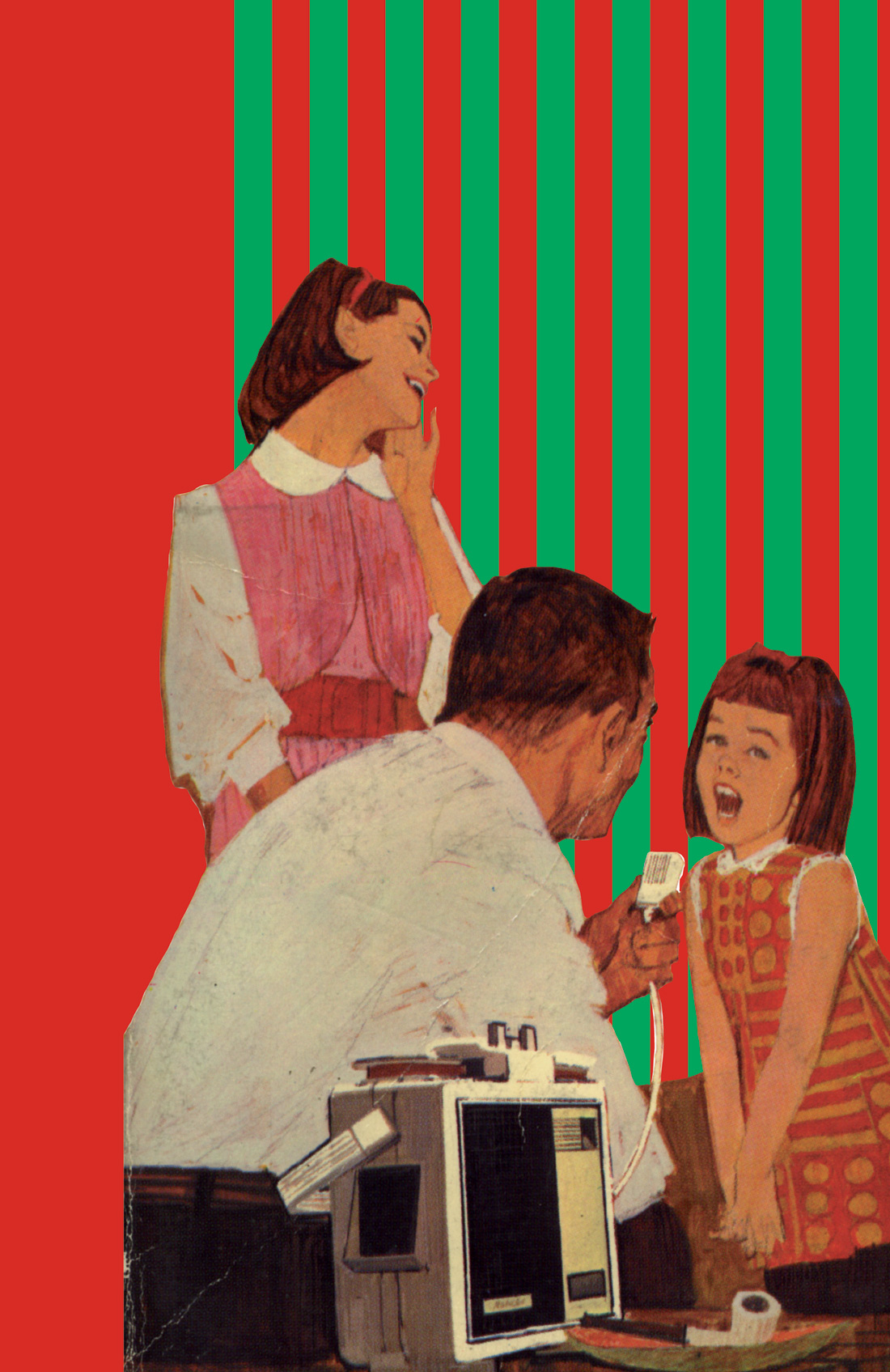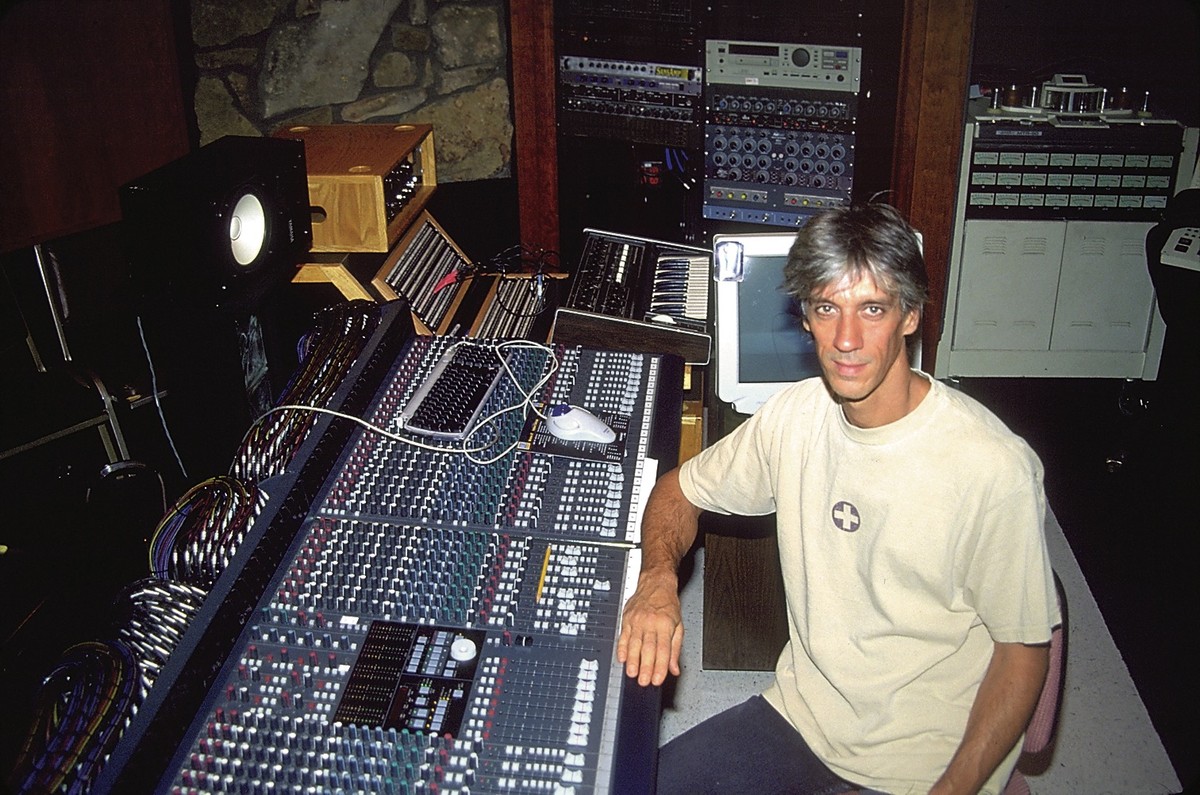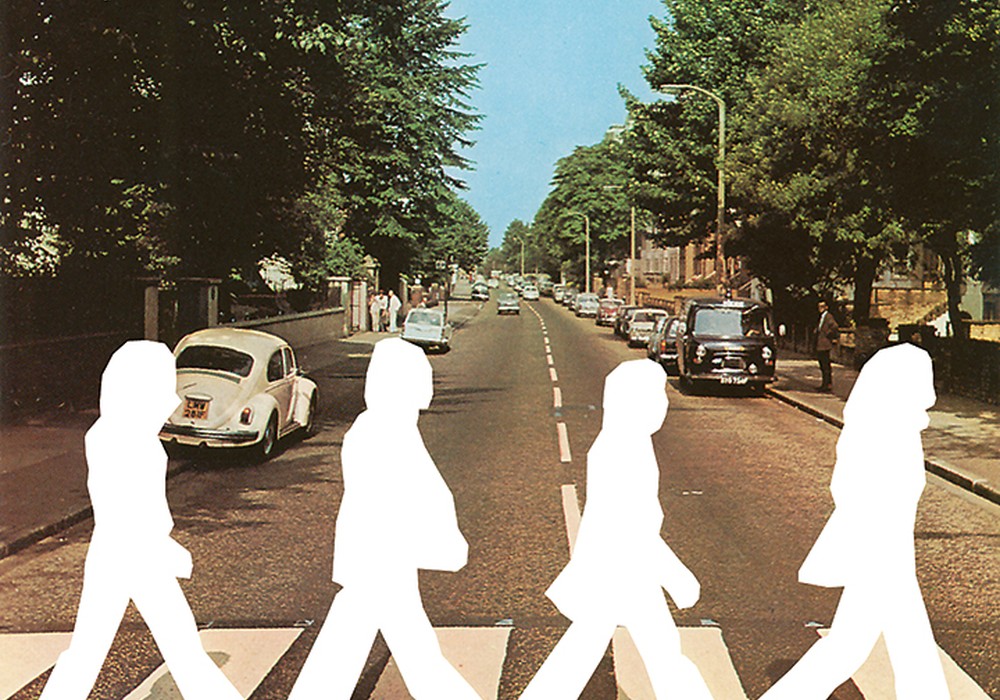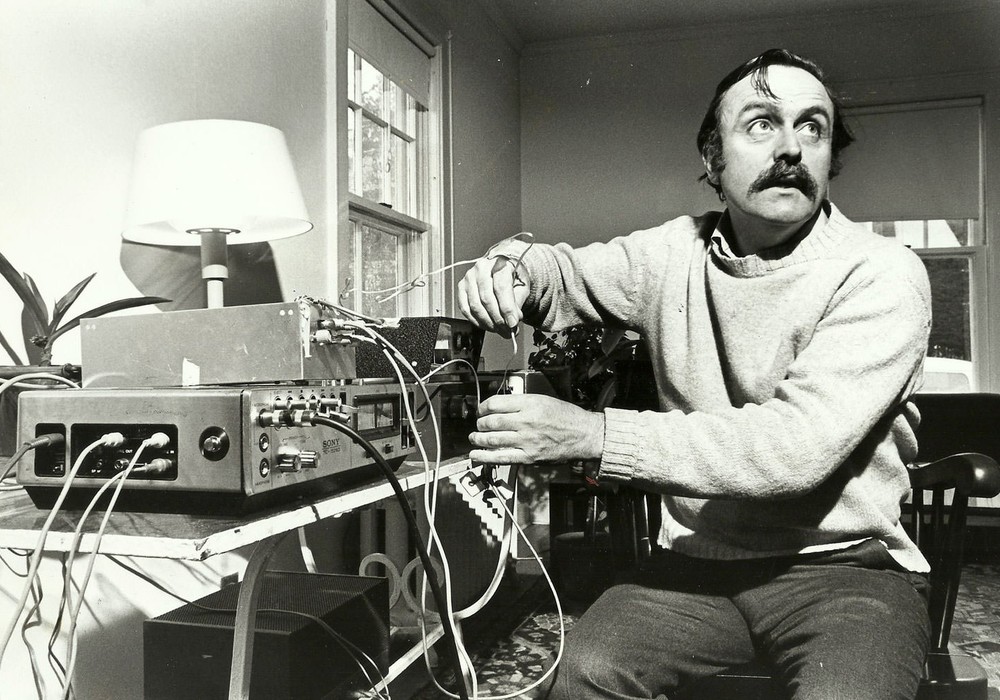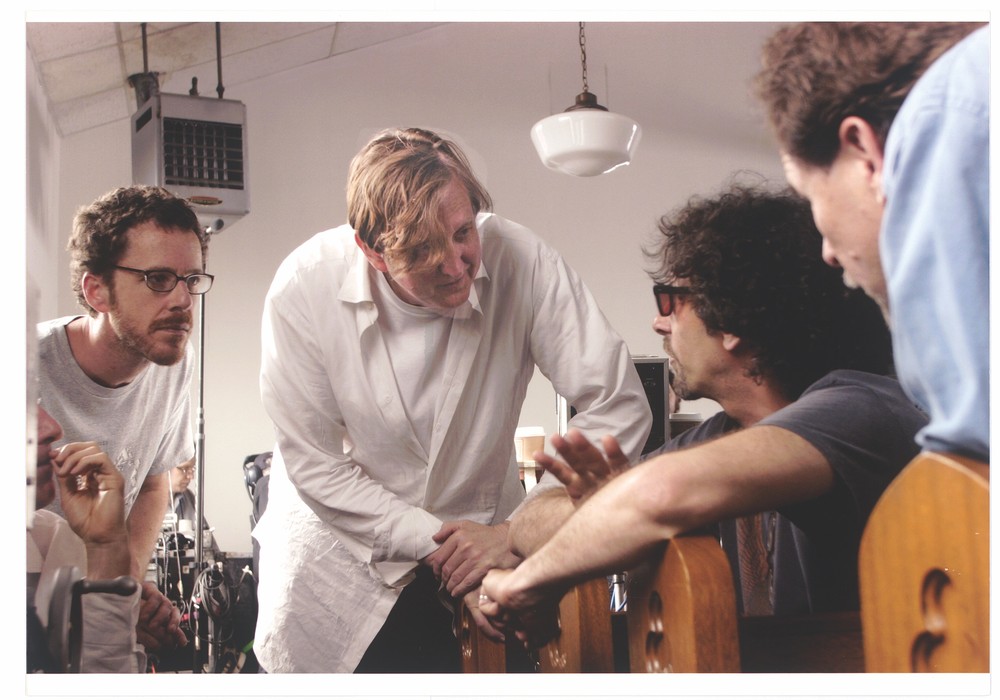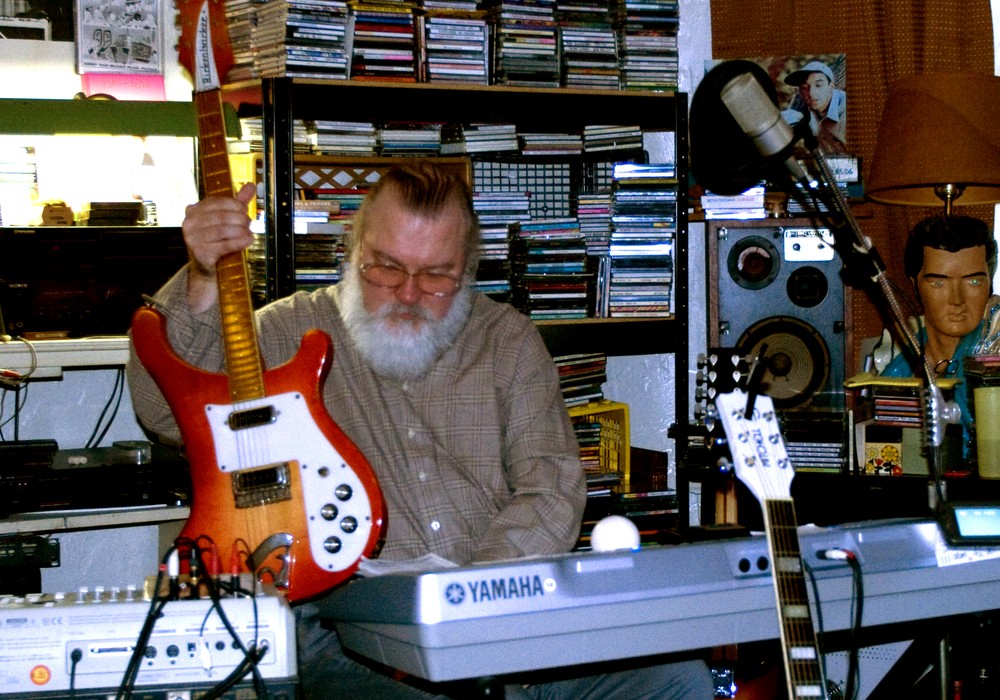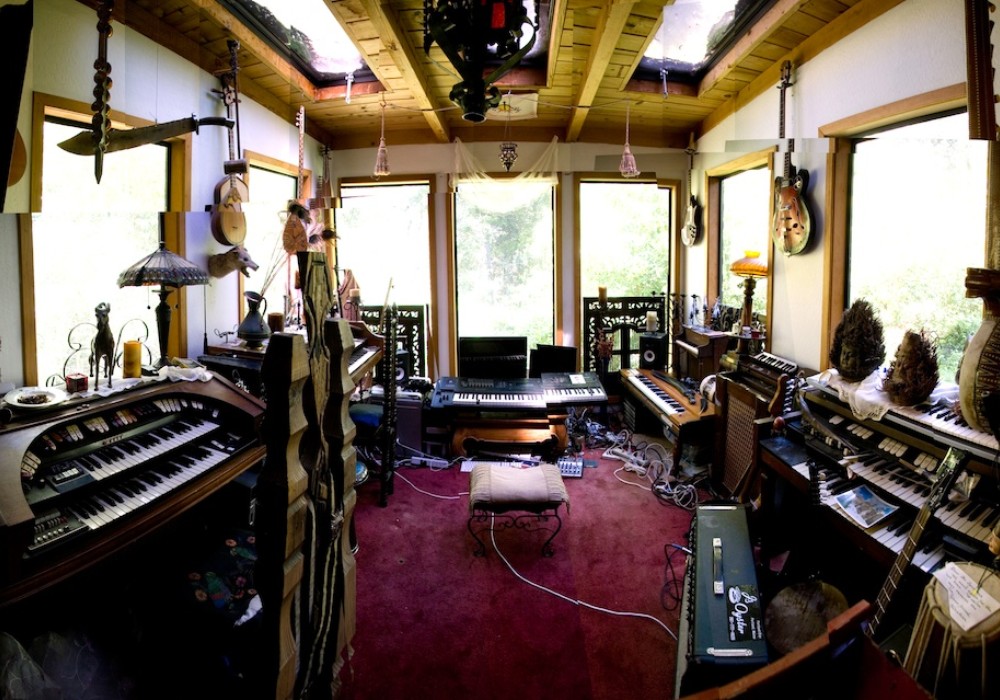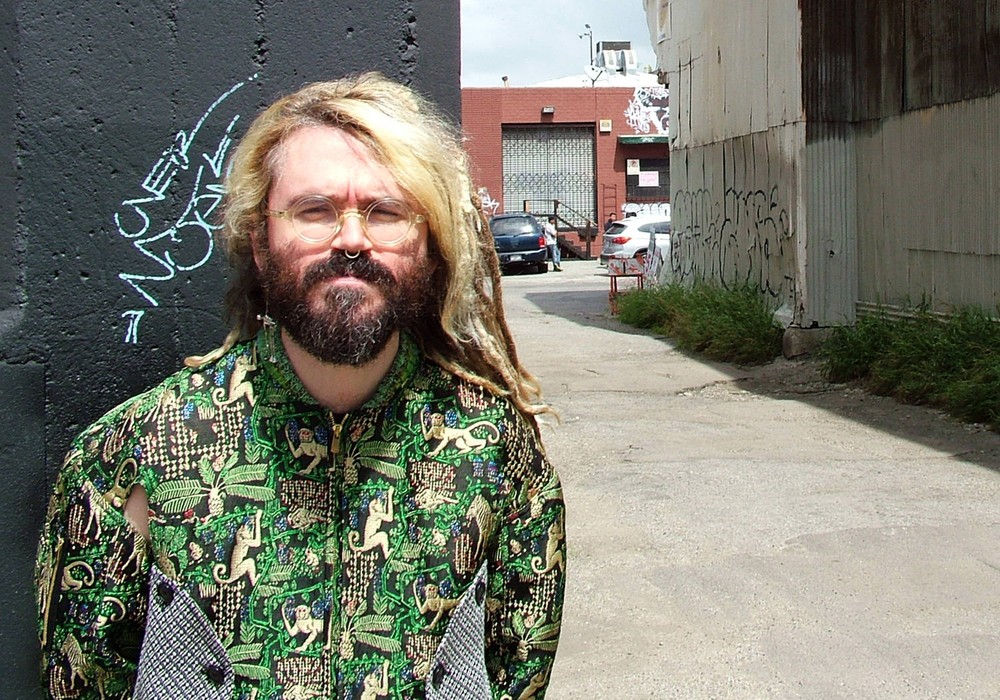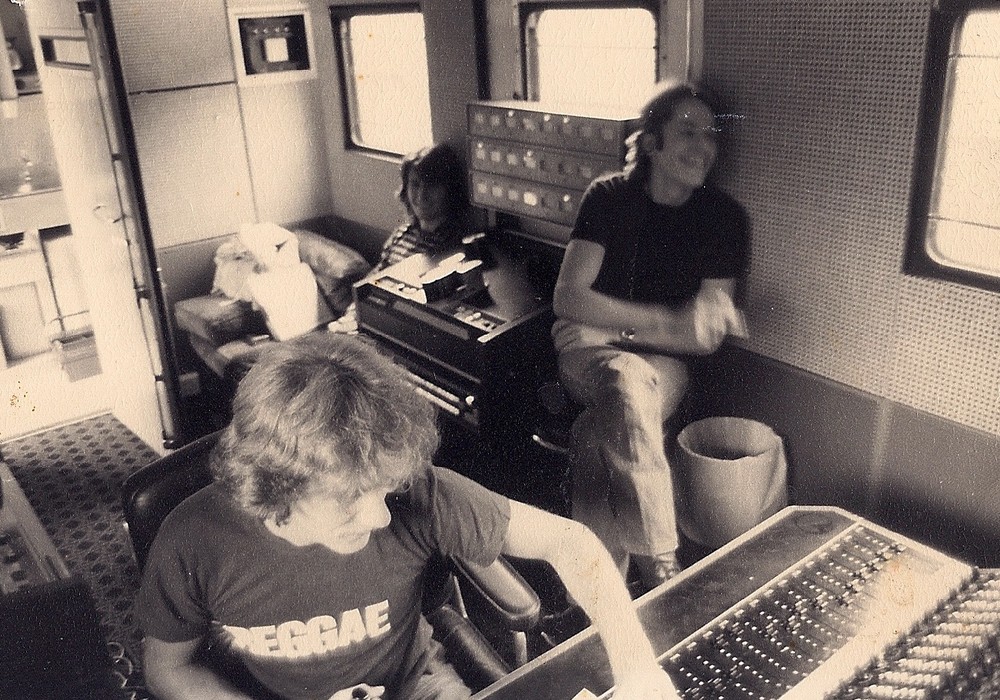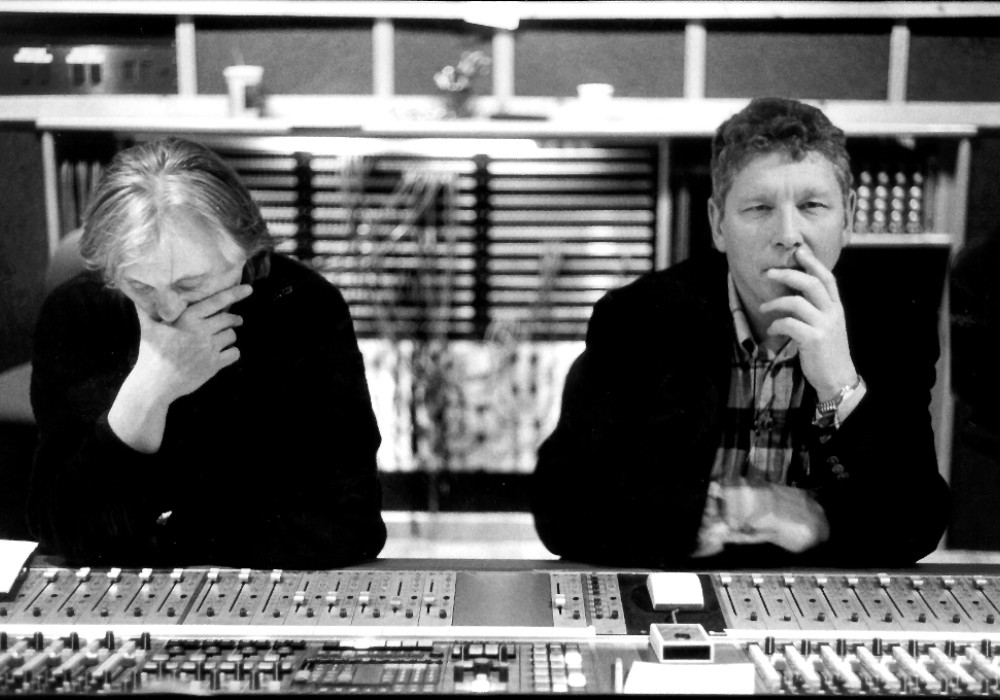Every now and then a record comes out where the production and recording techniques work together with some really unique songwriting to make a masterpiece album. The kind you listen to hundreds of times and still wonder, "How did they get that sound?" The Beatles Revolver, Beach Boys Pet Sounds, there's too many to list. While maybe not of that same scale, Yo La Tengo's Electropura was that sonic-awakening record for me. Roger Moutenot, the producer behind the last four Yo La Tengo records, has continually recorded landmark albums, as well as gaining success with artists such as Paula Cole and Sleater- Kinney. I had the unique opportunity to sit down with Roger and chat about his move to Nashville, setting up shop at Alex the Great, House of David and Woodland, and his adaptive recording insights.
How has it been working in a very music industry influenced city?
When I first moved here [Nashville], the first two years were hell cause all the clients I had in New York were like, "Well he split. I guess he doesn't want to work here anymore". And I came down here and didn't want to do country, so for two years I basically didn't work. I did a couple of little scattered things here and there. Then I got to do the Paula Cole record, and that kind of brought in other projects and a lot of traveling. I still didn't work here much, 'cause all my work was in LA. You know 8 months away out of the year? But, the saving grace was Yo La Tengo always had to come down here. They love it down here. Princes Hot Chicken and all that. [laughs]
I heard that place shut down?
Really? I don't know. They found some other soul-food truck off Charlotte Avenue. They would find places that I'd never heard of. But more and more projects since have started coming down here. And this year has been great. I really like living here. I've got two kids. It's been fantastic. I've found this studio, and besides right now this time of year [July], I dig it
Well, you've had your name attached to some of the finer albums in the indie-rock scene.
Yeah, and that's what I'd rather do personally. The Paula Cole record was cool and it's fun and exciting to see it doing so well and everything. But I made her second record and, you know, they slapped so much money at her and it was such a high expectation that this record has to be [makes big explosion sound]. And that kind of pressure makes it to where you can't perform well in the studio. Yo La Tengo, Sleater-Kinney, The Pierce Sisters (my latest record) — you try to keep the budget down. You don't have a lot of money so let's just DO a record. I prefer that. Let's just dig in and get it done.
You do a lot of your own engineering work as well.
I do. Lately though, I've been hiring an engineer. I like having the producing hands on and still stepping back to let somebody else do it.
Has it been more of a cost issue or control?
A little bit of both. And I still feel that, you know? That I can't really let the whole thing go.
You've started to dabble in the digital world as well. Why the addition of the Pro Tools set-up, and what was the progression from analog?
I will never leave analog. I won't. I will never leave it and it blew my mind when I heard that there are no more tape machines being produced. Studer ran their last production of analog tape machines. Otari does not make them anymore. There are no analog tape machines being produced right now. Then you go and you open up Mix and it's like one page after another... its digital, digital, digital. And I'm like, "What the hell is happening?" But with the whole Pro Tools thing, I would never use this as a stand- alone recorder. It's never going to be, "Okay turn on the Pro Tools and let's rock!" I've got it so that I can fly something over from analog, manipulate it, process it, flip it backwards, time stretch it, and then put it right back on tape. I've found that it just opens up a whole new palette of ink. I never overdo it, but I do a session now and if the artist says, a "I want this", or "I want that", I never have to say that we can't do that. It's like, "Great, yeah let's try it". But Pro Tools will never be my main thing. It's just that, a tool. I even went to a seminar on Pro Tools and I walked out. There's all these country guys going, "You mean I can get rid of amp noise?" you know. What the hell?
You've done a lot of work at Alex the Great and...
The rest of this article is only available with a Basic or Premium subscription, or by purchasing back issue #20. For an upcoming year's free subscription, and our current issue on PDF...
Or Learn More
